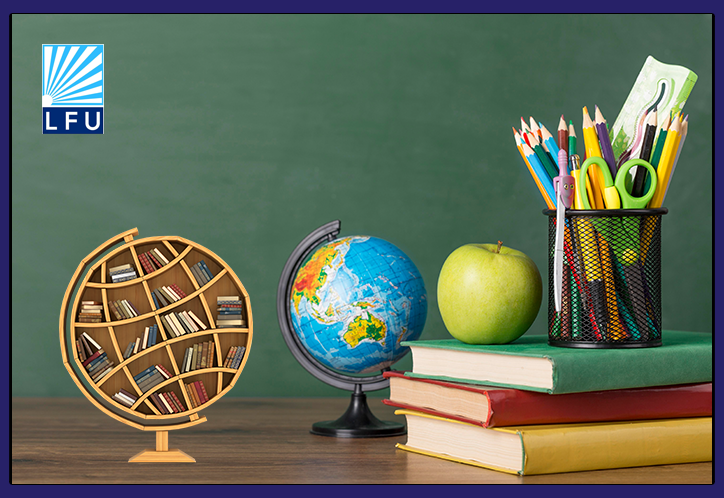-
Shamal mohammed
Mohammed sardar
Gulistan Khdir
Payman omer - Asst.lect. Laveen Kamaran Muhamad
-
This case study sheds light on how human language acquire and learn languages.
The researchers investigate the differences between language acquisition and
language learning in a matter of nature and behaviorism. When a typical child
reaches the age of language acquisition, they all naturally develop language, which
is a phenomenon unique to humans. Children that have enough exposure to their
first language, mother tongue, or immediate environment's language (L1)
eventually become fluent in that language. Naturally in circumstances involving
communication. Yet, acquiring a second or foreign language (L2) is a very distinct
and difficult situation because it is done in an entirely artificial setting. This causes
all the related issues that come with learning a second language. The findings of
the research show that Language learning is second language acquisition is the
process that child goes through in learning more than one language and Language
acquisition is process where one learns language learning a native language (first
language) or a second language. - Keywords: Learning , acquisition, languages , bilingualism
- Fourth RE

